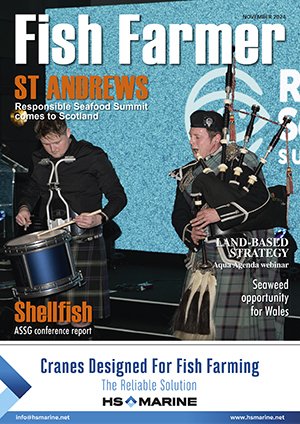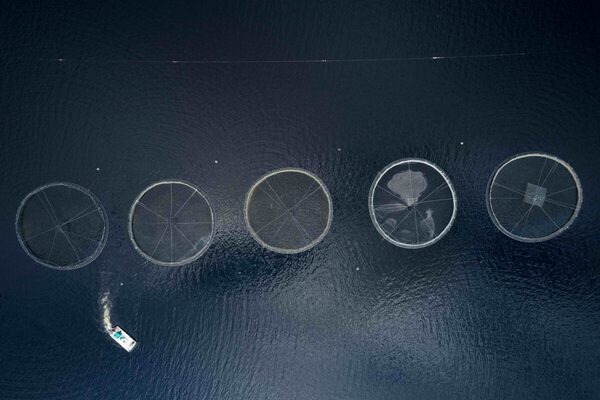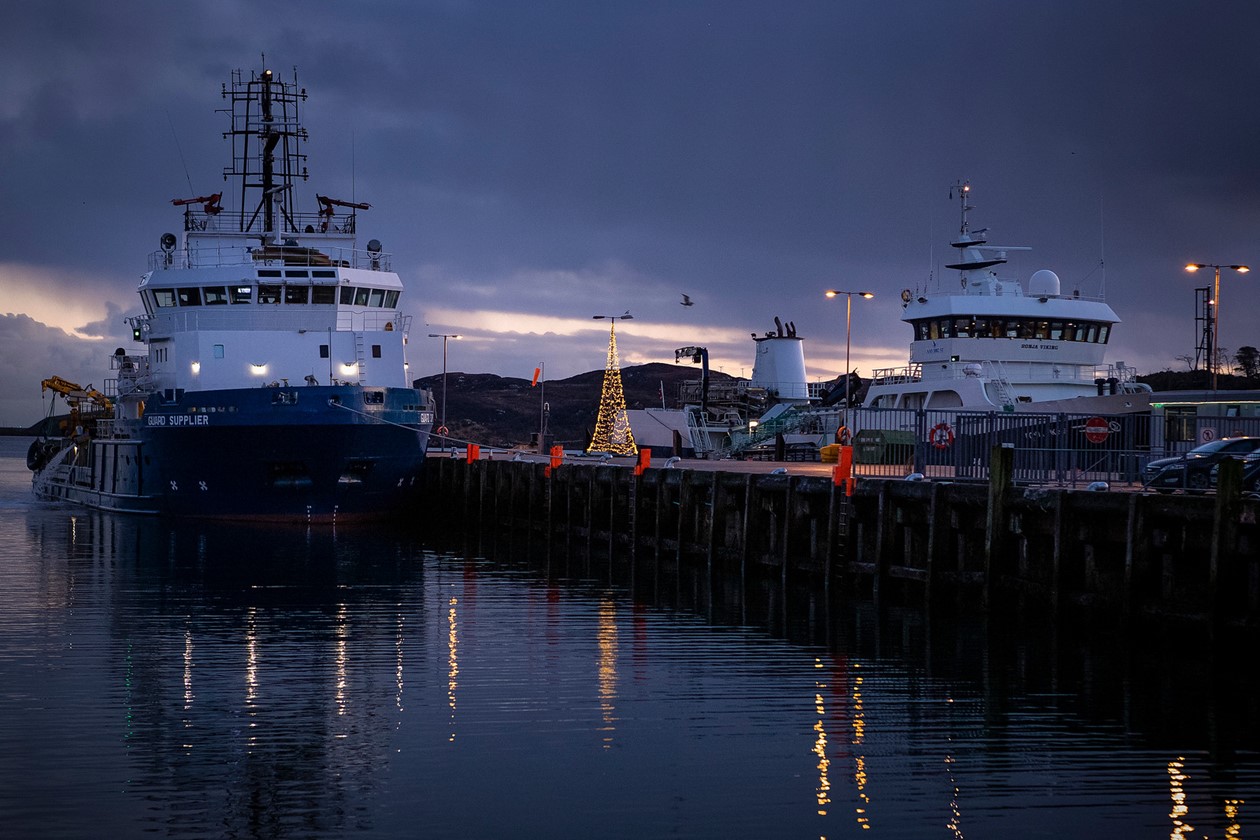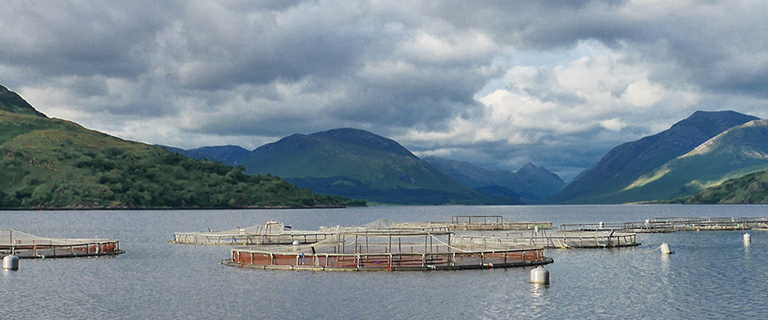Canada facing ‘alarming’ drop in salmon output[affino1]
Oban War and Peace Museum’s Full Accreditation status was awarded by Museums and Galleries Scotland on behalf of Arts Council England and lasts for five years.
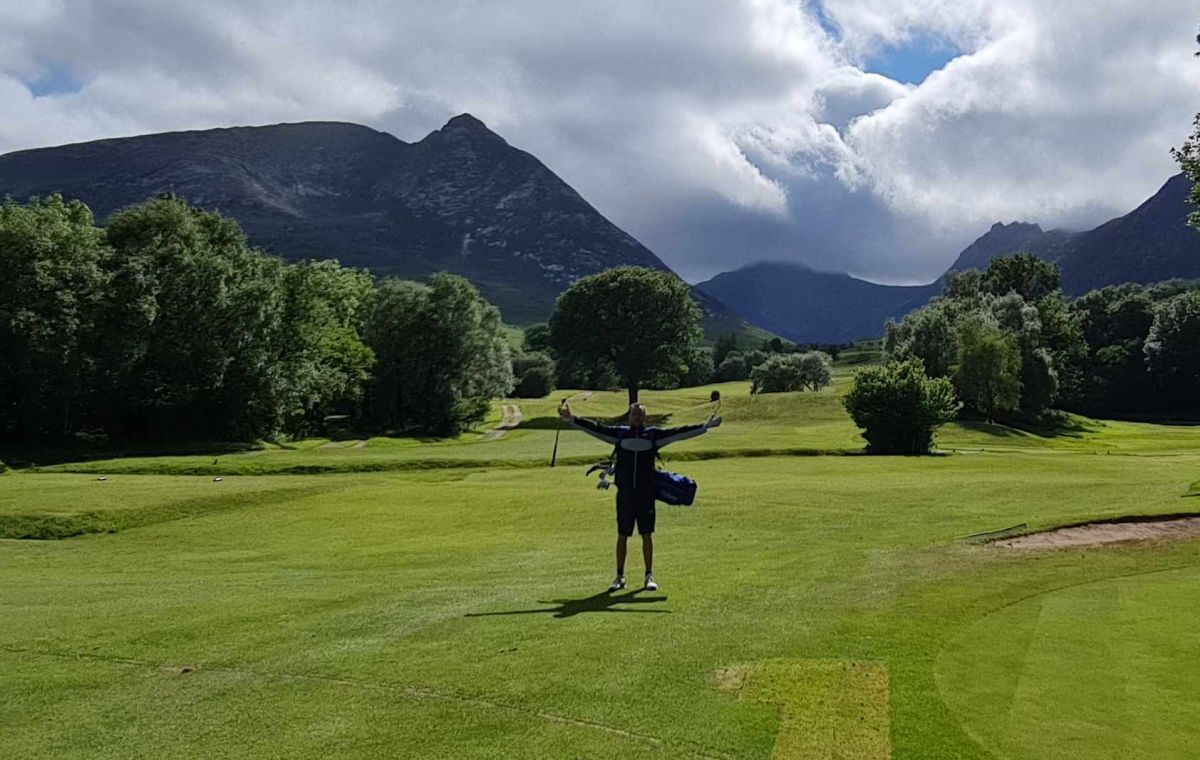
Two Tayvallich fishermen are warning they and others in their industry will struggle to make a living in the future. Prospective plans to strike off large swathes of coastline in their traditional fishing ground to commercial activity could be the nail in the coffin of industry. The Holyrood administration has launched a consultation on the creation of ’Highly Protected Marine Areas’ or HPMAs, which could cover 10 per cent of Scotland’s coastal waters by 2026. If implemented, it would mark a more intense regulation of Scotland’s coastal waters, - 37 per cent of Scotland’s inshore seas are already designated Marine Protected Areas (MPAs) - with commercial activity, "including finfish, shellfish and seaweed cultivation" to be banned within the HPMAs.
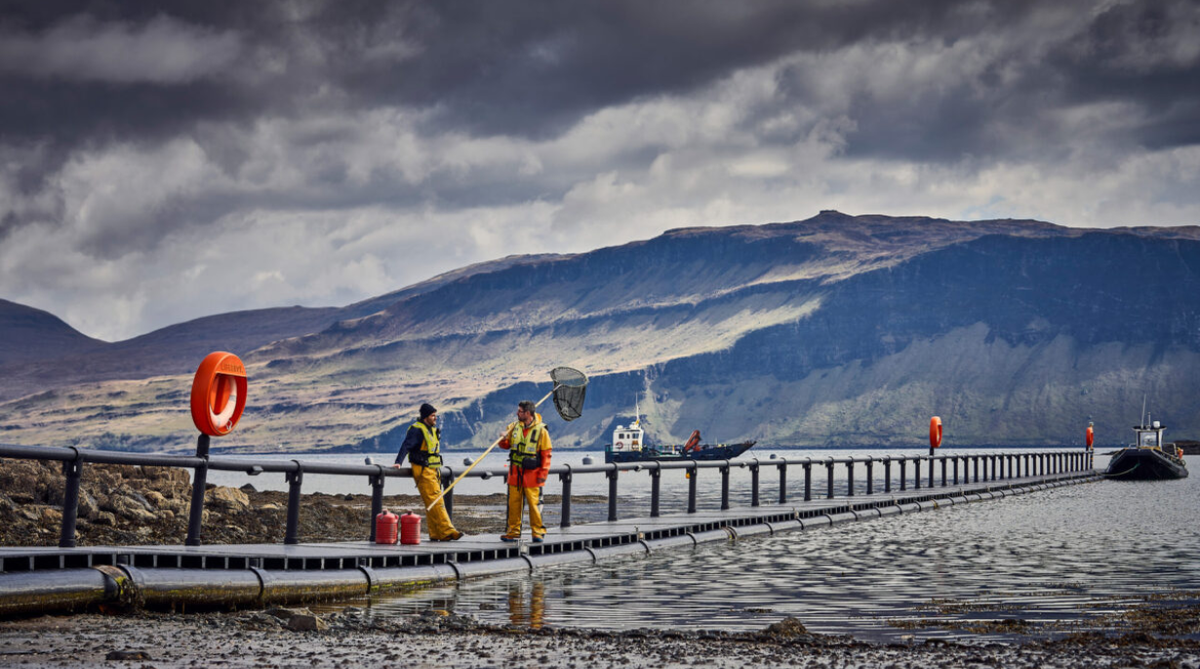
The Scottish Government’s HPMAs consultation paper, published in December 2022, sets out the Holyrood coalition’s reasons for potentially bringing in HPMAs, including to "support the sustainable growth of the aquaculture sector" and to "protect and enhance marine ecosystems to ensure that they are healthy and resilient". This is in addition to a Holyrood paper published in December 2021 which outlines the plan for Scotland to designate a "world-leading suite" which "exceeds the commitment to ‘strict protection’ by 2030 made in the EU biodiversity strategy by achieving this by 2026 for inshore waters". But Douglas Chirnside and Hans Unkles, who have fished the Sound of Jura waters between Carsaig pier near Tayvallich and the north end of Jura for the past four decades - both creel fishing and hand-diving for shellfish - are worried that the plans are being rushed through without proper consultation of people, like them, who work in the area.
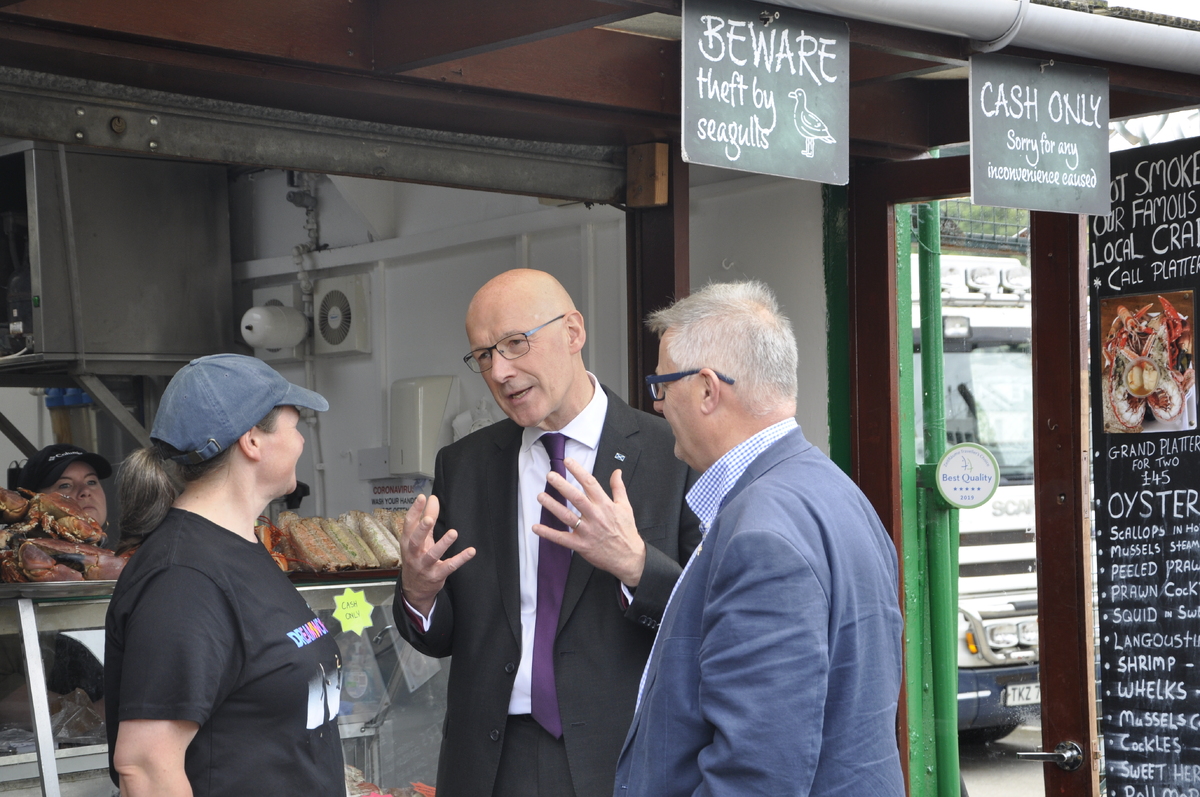
They said: ’There has been a lack of fishing industry input into the plans for Highly Protected Marine Areas. This is not about protecting species as having something to show at conferences like COP. "There has been no socio-economic study of the impact an HPMA would have on the area. We know the ups and downs of the sea bed like the land around here. And the work we do is sustainable. We already adhere to a very strict set of rules and regulations. "Ironically, the scallops I hand-dived were served at the COP 26 climate summit. I think that illustrates the quality of the seafood we are catching and the health of the area of water." Douglas and Hans were two of more than 30 fishing folk to take to a Friends of the Sound of Jura meeting on Tuesday, January 24 in Tayvallich Village Hall, to discuss the plans. The pair are also worried about the potential societal impact on a curb on fishing activity in the Sound of Jura, and for coastal communities elsewhere in Scotland.
